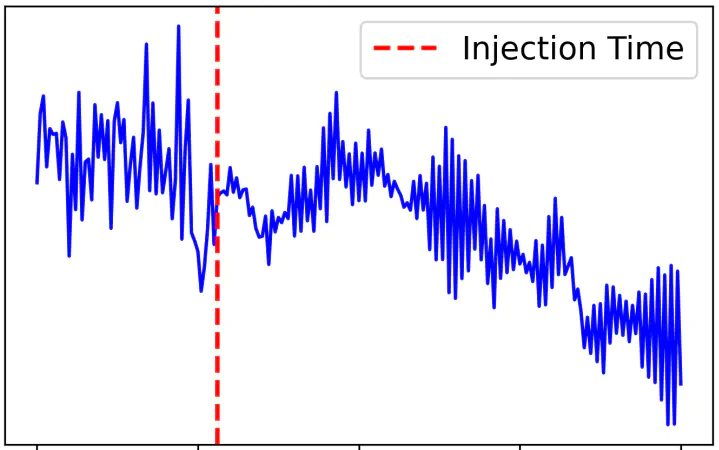Rethinking Out-of-Distribution Detection for Reinforcement Learning: Advancing Methods for Evaluation and Detection

Abstract
While reinforcement learning (RL) algorithms have been successfully applied across numerous sequential decision-making problems, their generalization to unforeseen testing environments remains a significant concern. In this paper, we study the problem of out-of-distribution (OOD) detection in RL, which focuses on identifying situations at test time that RL agents have not encountered in their training environments. We first propose a clarification of terminology for OOD detection in RL, which aligns it with the literature from other machine learning domains. We then present new benchmark scenarios for OOD detection, which introduce anomalies with temporal autocorrelation into different components of the agent-environment loop. We argue that such scenarios have been understudied in the current literature, despite their relevance to real-world situations. Confirming our theoretical predictions, our experimental results suggest that state-of-the-art OOD detectors are not able to identify such anomalies. To address this problem, we propose a novel method for OOD detection, which we call DEXTER (Detection via Extraction of Time Series Representations). By treating environment observations as time series data, DEXTER extracts salient time series features, and then leverages an ensemble of isolation forest algorithms to detect anomalies. We find that DEXTER can reliably identify anomalies across benchmark scenarios, exhibiting superior performance compared to both state-of-the-art OOD detectors and high-dimensional changepoint detectors adopted from statistics.